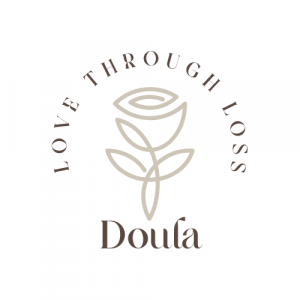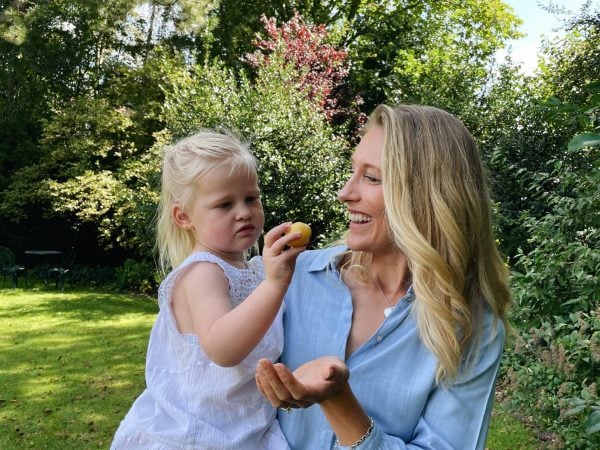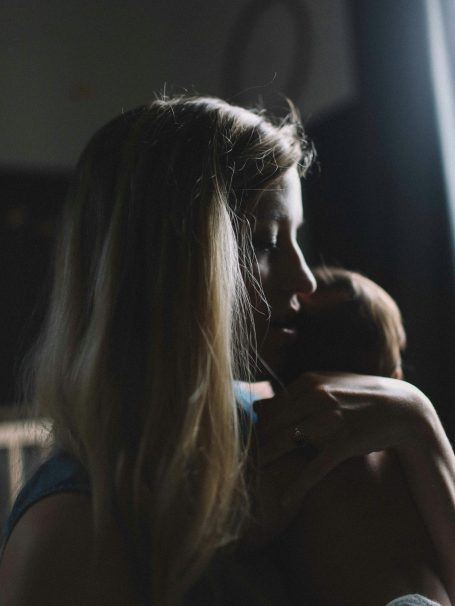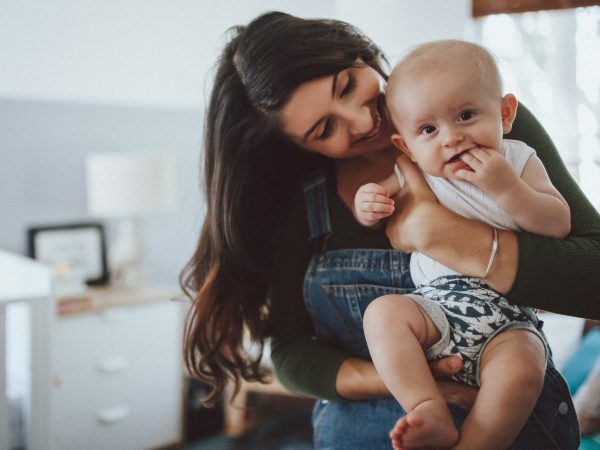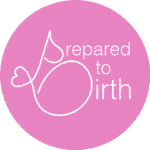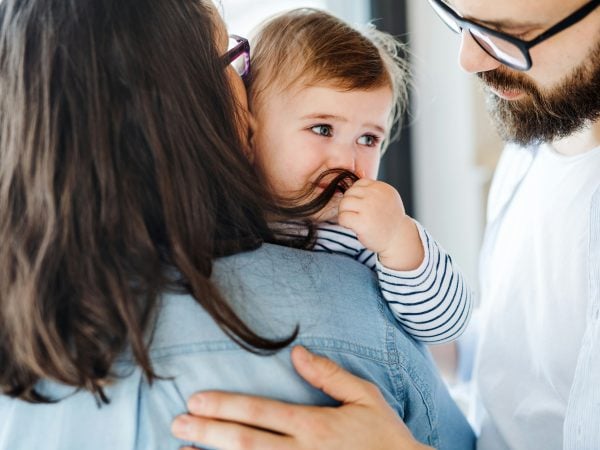This certainly isn’t an easy topic to write about: deep despair and pain. It’s every parent’s worst nightmare.
In Australia there are more than 2000 stillbirths per year, however not many people talk about it.
After my own experience with loss, and being in the depths of despair, I’m passionate about helping other bereaved parents, and break the taboo of talking about pregnancy loss, because experiencing pregnancy loss is an incredibly painful and isolating event. Whether through miscarriage, stillbirth, or neonatal death, the grief can be overwhelming.
You never really get over losing a baby; you learn to live with it.
When a baby dies, remember:
- It’s not in the natural order of life: Losing a baby goes against the natural expectation of a parent’s journey, causing profound emotional distress.
- It’s devastating at any gestation: The loss is deeply felt, regardless of how far along the pregnancy was.
- It psychologically affects future pregnancies: Fear and anxiety often accompany any subsequent pregnancies.
- It can affect relationships: Only one in four couples stays together after experiencing the loss of a baby.
- It affects siblings, grandparents, and significant others: The grief ripples through the entire family and close community.
- It affects care providers: Healthcare professionals also feel the impact of the loss and may experience their own grief.
- It raises questions and doubts for all involved: The loss can leave everyone searching for answers and grappling with doubts.
Dealing with Loss
Grieving the loss of a pregnancy is deeply personal and complex. Every parent’s experience is unique, but there are common steps that can help in managing the pain:
- Acknowledge Your Grief: Allow yourself to feel and express the range of emotions that accompany loss. It’s natural to feel sadness, anger, guilt, and confusion.
- Seek Support: Connecting with others who have experienced similar loss can provide solace and understanding. Support groups, such as those offered by Red Nose Sands, offer a safe space to share your feelings and listen to others’ stories. Or Engage a Loss/Bereavement Doula: A doula specialised in loss and bereavement can provide constant emotional support, practical guidance, and companionship during this difficult time. They can help you navigate your grief and find ways to honour your lost baby.
- Self-Care: Grief can be physically and emotionally draining. Ensure you are eating well, getting enough rest, and finding ways to relax and take care of yourself.
- Create Memorials: Honouring your baby can be a healing process. Consider planting a tree, creating a scrapbook, or holding a small ceremony to celebrate their brief life.
- Professional Help: A therapist or grief counsellor can provide additional support and strategies to cope with your loss. Don’t hesitate to seek professional help if you need it.
As a doula I always ask: “How can I help the parents navigate through this time, so the wounds cannot be as gaping?” As each parent griefs differently, every client has different needs. I meet them where the parents are at in that moment.
Conclusion
Pregnancy loss is a heart-wrenching experience, but parents do not have to navigate this journey alone. With the support of loved ones, loss-doulas, professional help, and volunteer organisations, it is possible to find light, meaning, and love through loss.


